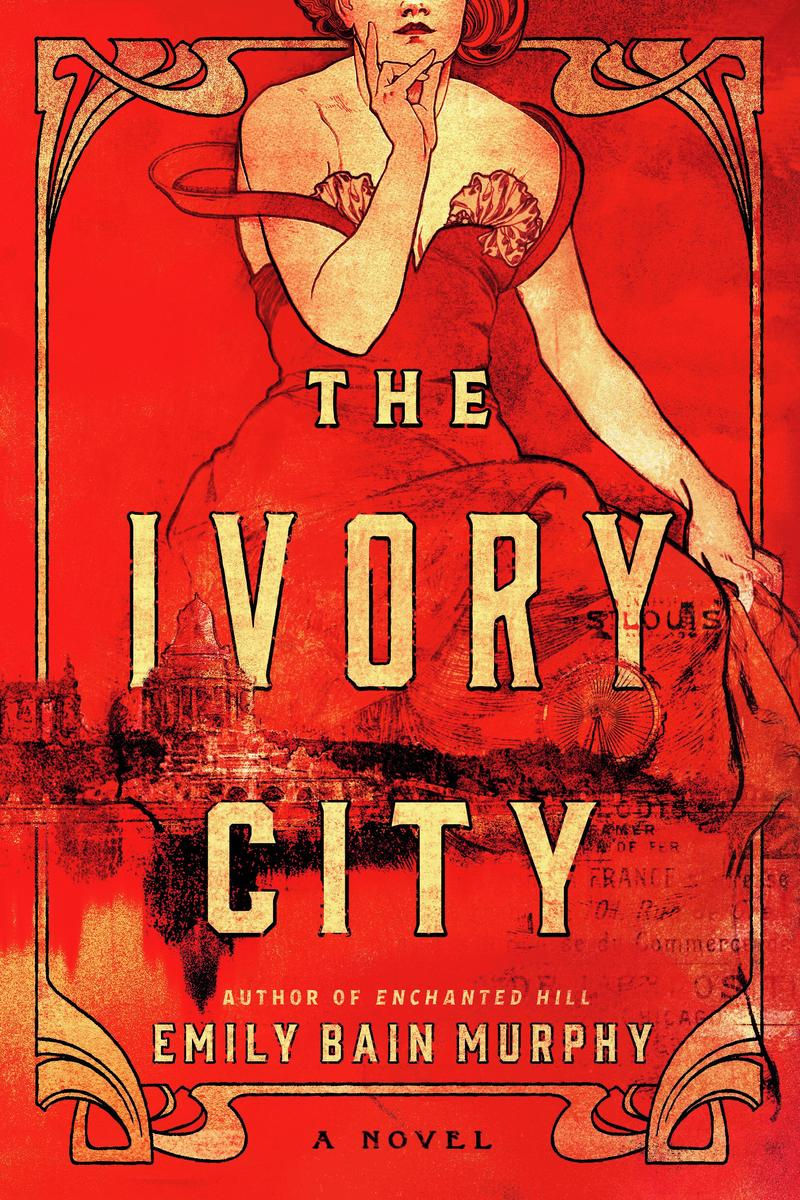Review: "First Principles," | Reviewed by Bill Schwab
- cstucky2

- Jan 30, 2021
- 3 min read
Thomas Ricks has written a history book bursting with relevance for today. Disturbed by the election of Donald Trump, Ricks set out to investigate why
“… many of my fellow citizens had an understanding of our nation profoundly different from mine.” He continues, “On that gray Wednesday morning after the presidential election of 2016 I woke up with a series of questions: What just happened? What kind of nation do we now have? Is this what was designed or intended by the nation's founders?”
Ricks pursued answers to his queries by investigating the classical culture that bound together three college-educated leaders and one self-educated leader of the new republic: George Washington (self-educated), John Adams (Harvard), Thomas Jefferson (William and Mary), and James Madison (Princeton).
He delved into their letters, memoirs, and writings to uncover their values and what classical sources influenced their principles. He soon found they all used the classical world of the Greeks and Romans as a guide. Ricks writes in the “Prologue: What is America?”,
“Emphatically, they were not detached philosophers. They were statesmen and revolutionaries, looking to the ancient world for the help it could give them in illuminating their situation. There was an abiding practicality in their approaches.” In letters to each other, he found them debating over works such as “Iliad”, “Plutarch’s Lives”, and the writings of Xenophon, Epicurus, Aristotle, Cato and Cicero.
“First Principles” is written in chronological order of the leaders terms in office, beginning with George Washington. As the only autodidact of the four, the classical influence supplied not so cerebral a worldview for him, but rather models of behavior, especially the exemplars of virtue. In Rick's brief explanation of 18th-century virtue he writes,
“…that meant putting the common good before one’s own interests” and looking back to ancients like Cato, Cicero, and Socrates. For example, when Washington resigned as commander of the Continental Army and returned to his estate, he chose not to become a Julius Caesar who took over his nation. Instead, the general followed the behavior of Cincinnatus, the Roman farmer who left home for military duty then returned to the farm as soon as the war ended. Further, Washington refused to choose a third term as president. Washington is presented as the model of classical Roman virtue.”
Ricks assigns Cicero as the role model for egocentric Adams. Jefferson was enamored with the Greeks, heavily influenced by Epicurean Philosophy. Almost single-handedly he brought the architecture of ancient Rome to the United States in the buildings he designed at Monticello, the University of Virginia Campus and the public buildings of Washington D.C. Madison had studied the Amphictyonic League—a Confederation of Greek city-states.
The statutes of the League shaped Madison’s thinking about the makeup of a senate that would grant equal representation to all the states. The author maintains these ancient concepts had a far more powerful effect on the thinking of Adams, Jefferson, and Madison than did those of thinkers from the Enlightenment like John Locke.
The significant question Adams often raised was: “If the government of the United States was based on Greek and Roman ideals, could it survive as a republic, even though the Greeks and Romans failed at it?” The author traces the precipitous decline of American classicism in the fledgling democracy.
With the advent of “American Romanticism” in the 19th century “common vocabulary and shared vision had waned so there was one less thing to hold together a growing, divided and disputatious nation.” To maintain classicism in defense of slavery, pro-enslavement speakers turned to Aristotle’s “Politics” and his concept of “natural slavery ” to justify white supremacy.
The author closes his dissertation with 10 suggestions for overcoming the current polarization in the United States. These ideas go from spending more time studying history to strengthening the role of Congress. The American experiment is “still underway ” but can be “lost if we are not careful,” he warns.
Ricks provides considerable information for readers seeking hope from history and philosophy and willing to engage in active, responsible citizenship. This adept Yale-educated historian takes an academic topic—the Greco-Roman education of the founders and makes it extraordinarily timely and sheds light on the current state of our nation’s politics.
About the Author:
Thomas E. Ricks is an American journalist who covered the U.S military for the “Washington Post” from 2000 through 2008 and previously was on the staff of the “Wall Street Journal” for 17 years. A member of two Pulitzer Prize-winning teams, he also is the author of several books, including “The Gamble”, “Churchill and Orwell”, and “Fiasco”, which was a finalist for the Pulitzer Prize. “First Principles ” is 460-pages and is published by Harper.
.png)





Comments